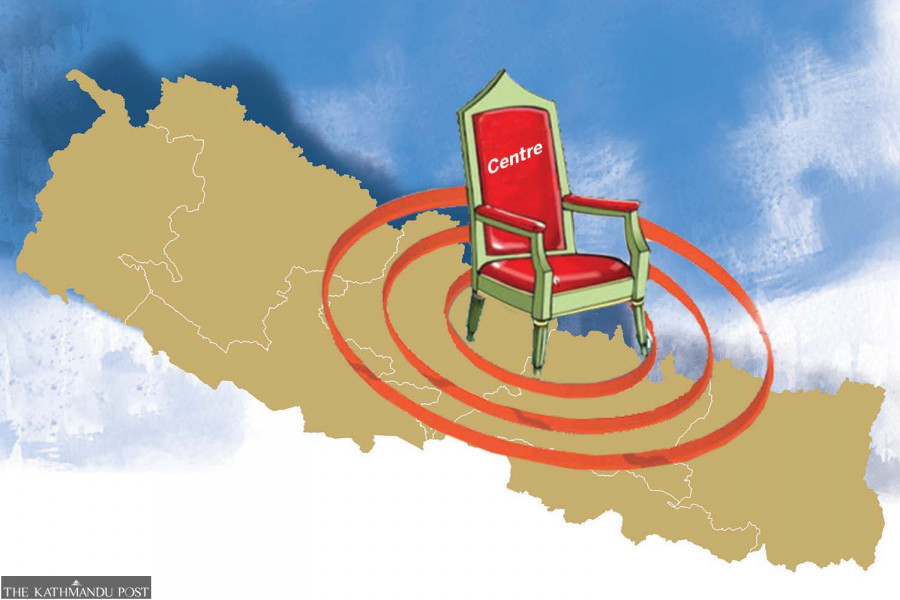Editorial
Let the provinces do their job
Reluctance to strengthen the provinces is, in a way, a repudiation of the federal system.
The way the newly-formed Rastriya Swatantra Party (RSP) and its team of young professionals took off in the November 20 elections is being seen as a rare positive development in Nepali politics. But the larger picture is somewhat gloomy, with the country staring at another five years of unstable governments.
The RSP’s stellar showing has disquieting undercurrents too. Party chairman Rabi Lamichhane refused to vote in the provincial elections, apparently due to reservations over the functioning of the seven provinces. While his party does not shun the country’s federal structure, it wants “smaller, more efficient” provinces. Even as the functioning of the provinces has been badly hampered by the reluctance of the federal government to give them adequate power and resources, the RSP wants to slim down the second tier of the federal structure to make them “more financially viable”. However the party may put it, it is, in a way, a repudiation of the whole federal apparatus, as it is impossible to imagine federalism without strong provinces.
The staunchly anti-federalist Rastriya Prajatantra Party (RPP) has also been revivified under the new leadership of Rajendra Lingden. The party has already won seven federal FPTP seats and is looking to establish itself as the fifth largest force in the federal Parliament. The votes that have been cast in favour of these two parties suggest, among other things, that a sizeable chunk of the electorate is uncomfortable with the country’s federal structure, and would like to see it substantially tweaked or discarded outright. That would be a mistake. The constitution that institutionalised federalism in the country is barely seven years old. This is not enough time for a new system to take root. As has been widely acknowledged, local level units, the third tier of Nepal’s federalism, have done a much better job in the past five years, for instance, in their handling of the Covid-19 pandemic. But then, Nepal has always had central and local governments, and so it was much easier for local units to draw on past experience. By contrast, provinces are entirely new to Nepal, and will, as such, take longer to take root and start delivering. The notion that they are too expensive would be a hasty judgment, especially as the federal government has not even formed requisite laws to ensure their smooth functioning.
While the RSP wants a federal setup where the provinces function without the Provincial Assemblies, the RPP wants to do away with the entire federal setup. The RSP has been unable to articulate how the provinces will function without their own legislatures or how they can be made more “cost-effective” without further weakening them. Nepal’s federal system is a work in progress, and changes in it should be made as and when needed. But to try to change its fundamental aspects without even properly implementing it is misguided. This is why the new cohort of young parliamentarians, from parties old and new, should be exploring ways to empower the provinces so that they can function as largely self-governing entities. Any other course is sure to invite more political instability.




 18.12°C Kathmandu
18.12°C Kathmandu














